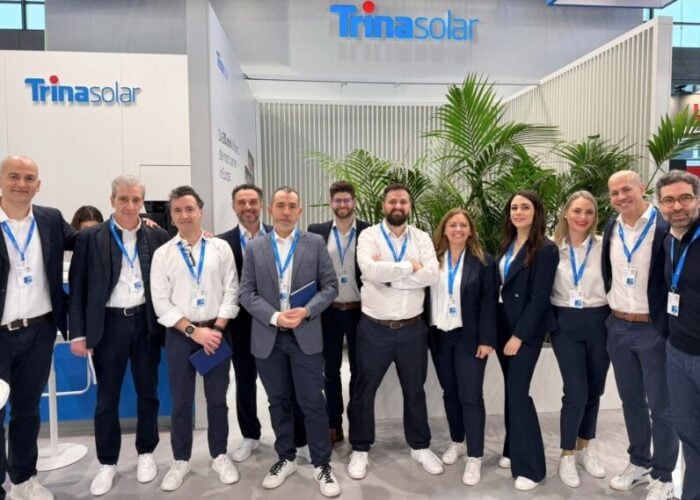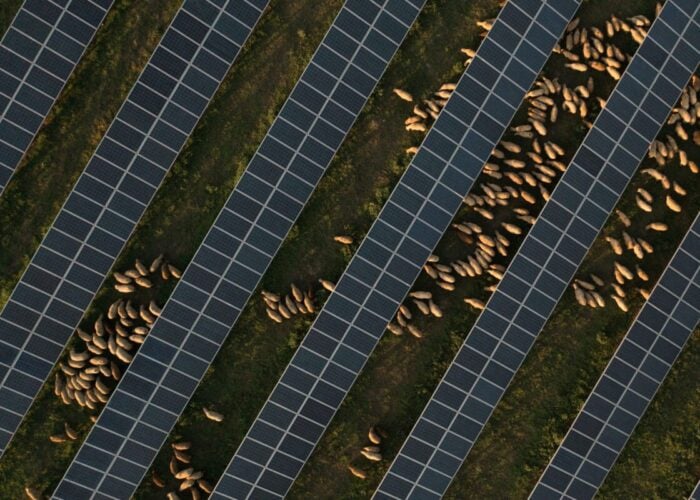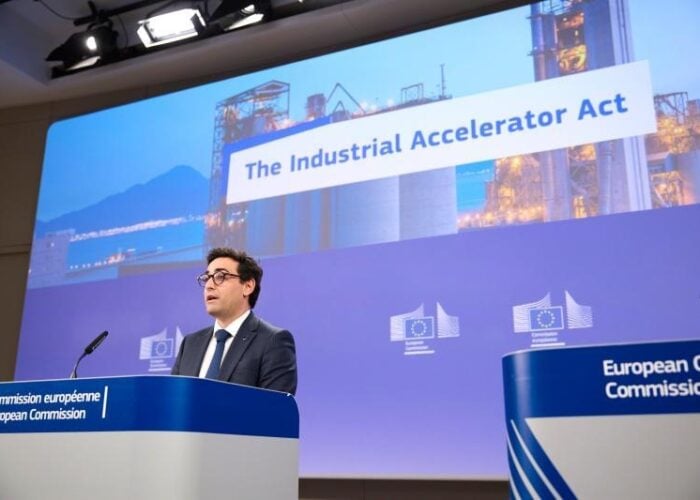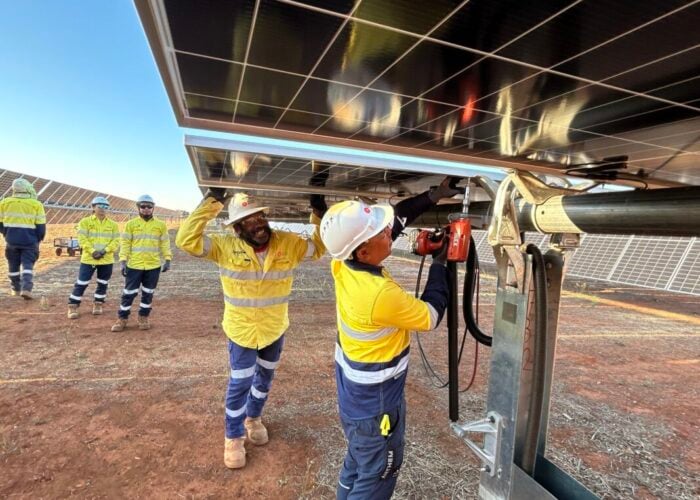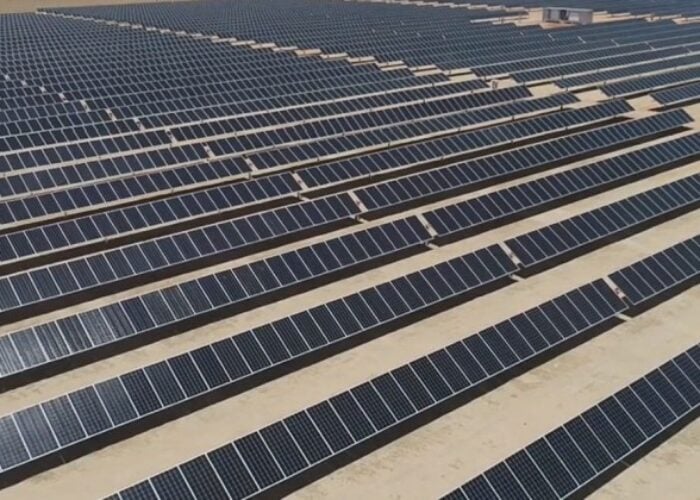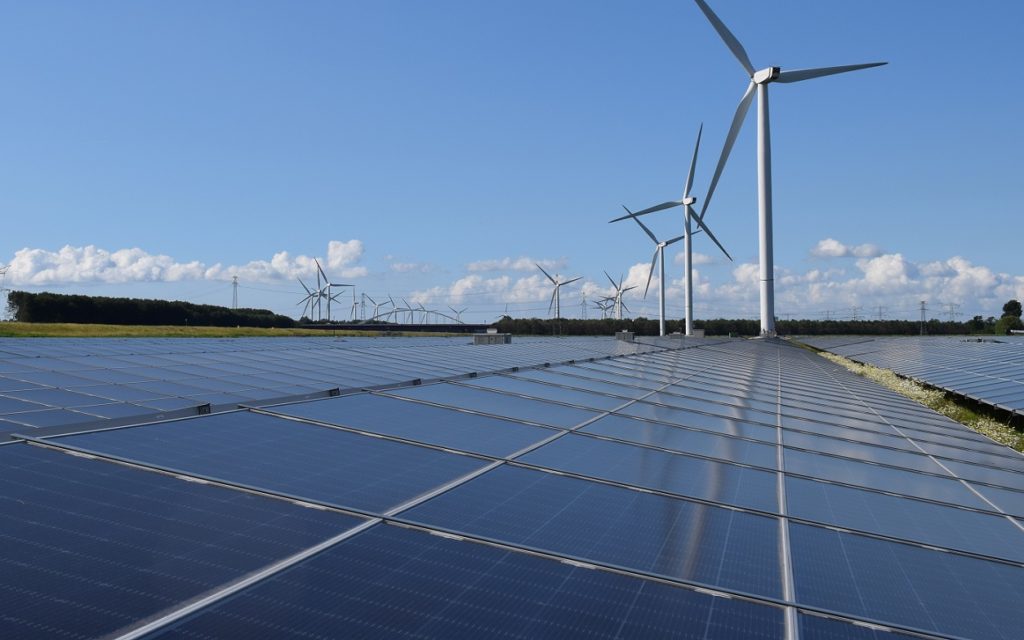
The government of the Netherlands announced a €130/MWh (US$136) profit ceiling for solar and wind generation this week as part of the EU’s established ‘intramarginal levy’ scheme to curb excessive energy profits.
The Dutch levy has gone beyond the €180/MWh threshold proposed by the European Commission in September, set to be in place from 1 December 2022 to 30 June 2023. The EU forecast that member states could reap up to €117 billion (US$123 billion) annually from the cap. The Netherlands’ government said that it would reinvest any revenue into mitigating the price of household energy bills.
Try Premium for just $1
- Full premium access for the first month at only $1
- Converts to an annual rate after 30 days unless cancelled
- Cancel anytime during the trial period
Premium Benefits
- Expert industry analysis and interviews
- Digital access to PV Tech Power journal
- Exclusive event discounts
Or get the full Premium subscription right away
Or continue reading this article for free
The government said that an implementation law will be proposed to the House of Representatives in the Spring of 2023 and subsequently backdated to December 1. It said it would continue to speak with industry organisations to implement the levy in the best way.
The €130/MWh levy will apply to producers with a capacity of 1MW or more, corresponding to a PV plant with around 3,000 solar panels.
Biomass energy production will be subject to a €240 (US$252) cap per MWh, and coal production will have a flexible cap dependent on pricing.
Dutch energy minister Rob Jetten said the levy was devised with the European member states in order to partially finance the reduction of energy bills.
In the days following the EU’s initial revenue cap proposal, trade body Solar Power Europe said it was “deeply concerned” about inconsistent levies across member states. It urged countries to adhere to the €180/MWh cap, lest solar generation was disproportionately taxed. The same concern was raised by industry analysts, who saw the possibility of solar being levied the hardest as it is consistently the cheapest energy source, effectively slowing down investment and market growth in the sector.
Some concern hovers around how the tax will impact companies with fixed power purchase agreements. Some producers locked in their electricity prices with off-takers before the price rises earlier in the year, meaning the benefit of the higher prices is passed on to the off-taker. According to consultancy Aurora Energy Research, if the producer then has to pay the tax, it is taxed not on surplus profits, but on revenues it needs to earn back its investment.
Windfall taxes have been laid onto energy and electricity producers in the UK and Spain this year, as well as the wholesale adoption of the EU levy by member states.
The government of the Netherlands said that at the time of the planned investments, the market price was between €40 and €70/MWh, and that with a €130/MWh ceiling adequate profits could still be made.

